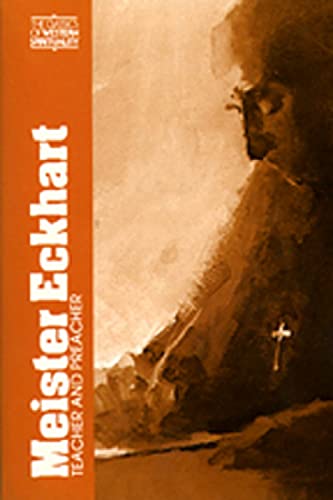Early Judaism and its Modern Interpreters
Written by R. A. Kraft and G. W. E. Nickelsburg (eds.) Reviewed By Donald A. HagnerThis impressive volume is the second of a trilogy (the others concern the Hebrew Bible and the New Testament) commissioned by the Society of Biblical Literature on the occasion of its centennial celebration in 1980. It consists of authoritative essays surveying the present state of scholarship on ‘early Judaism’, by which is meant the Judaism between the time of Alexander the Great and the second Jewish revolt against Rome (the specific dates given are c. 330 bce to c. 138 ce). Following an introductory essay on ‘The Modern Study of Early Judaism’ by the editors, Part One covers ‘Early Judaism in its Historical Settings’. It includes essays on the political and social history of the Jews (S. J. D. Cohen), diversity in Judaism (G. G. Porton), the Samaritans (J. D. Purvis), and ‘Judaism as Seen by Outsiders’ (J. G. Gager). Part Two is entitled ‘Recent Discoveries’, providing surveys of the Judean Desert (J. Murphy-O’Connor), ‘Other Manuscript Discoveries’ (S. P. Brock), archaeology, iconography and epigraphy (E. M. Meyers and A. T. Kraabel), and numismatics (Y. Meshorer). Part Three, ‘The Literature’, which comprises half the book, contains discussions of the LXX (E. Tov), ‘Palestinian Adaptations of Biblical Narratives and Prophecies’ (narratives, D. J. Harrington; prophecies, M. P. Horgan), testaments (genre, A. B. Kolenkow; literature, J. J. Collins), narrative literature (R. Doran), historiography (H. W. Attridge), apocalyptic literature (J. J. Collins), wisdom literature (B. L. Mack and R. E. Murphy), hymns, odes and prayers (J. H. Charlesworth), and finally a chapter on ‘Reconstructions of Rabbinic Judaism’ (A. J. Saldarini).
It would be difficult to overemphasize the value of this volume. The importance of an accurate knowledge of early Judaism for biblical scholars and teachers should be obvious, and the commissioning of this volume by the SBL itself testifies to that fact. Here in convenient form are comprehensive surveys by leading authorities in their respective fields. In these essays not only are we apprised of the current state of opinion about a host of issues; we are also informed about the history of recent scholarly debate (the dates covered are 1945–80), and given candid assessments of the methodologies used by scholars. One remarkable thing about this volume, indeed, is the extent to which the authors exhibit a healthy self-consciousness about their methods and their work.
If there is an underlying, recurring motif in the book, it is the stress on the diversity and complexity of what is encountered in early Judaism. There are, it seems, no simple or easy conclusions, and much that an earlier scholarship accepted as more or less established knowledge, is challenged. Along with the emphasis on the complexity of the evidence encountered by scholars and the impropriety of harmonizing or homogenizing it, is a clearly detectable tentativeness, as one might expect. At the same time, however, more than one essayist calls for the need of synthesis to compensate for the intense degree of specialization that tends to characterize individual disciplines.
Although the coverage of subjects in this volume is broad, there is inevitably a fair amount of overlap. This is particularly conspicuous in the bibliographies at the end of each of the essays (the editors wisely opted for this instead of a single comprehensive bibliography at the end of the volume). The unfortunate delay in the publication of the symposium—most of the essays were completed by 1981—means that the bibliographies are now to some extent less than complete, especially given the amount of literature being published in our day. It is nevertheless the case that the bibliographies in this book are invaluable for anyone doing research in the subjects discussed.
Although this is an exceptionally important reference work for scholars, the essays are clearly written with a minimum of technical language and are thus within reach of the non-specialist. The importance and value of this book will be immediately apparent to all who use it.
Donald A. Hagner
Fuller Theological Seminary






